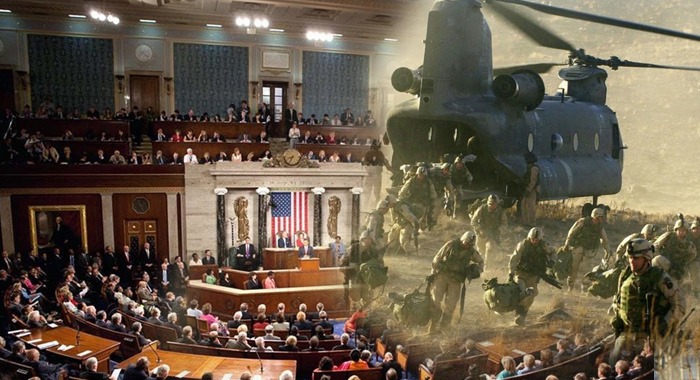The US Senate Commission reviewing the Afghanistan War convened a high-level session on Friday, April 11, bringing together former American generals, diplomats, intelligence officers, political advisors, and Afghan officials to examine the trajectory of the war and evaluate reconciliation efforts with the Taliban.
Chaired by Colin Jackson, the commission emphasized the necessity of incorporating insights from Afghan partners to better understand the complexities of the U.S.-Taliban peace process. Jackson noted that inclusive perspectives are essential to addressing critical questions and learning from past policies.
Shamila Chaudhary, co-chair of the commission, cautioned that without a clear and honest account of what occurred in Afghanistan, the war risks becoming an abstract and misunderstood chapter of history. She underscored the importance of accountability and clarity in evaluating the conflict’s outcomes.
Henry Crumpton, a retired CIA operations officer, described the initial post-9/11 U.S. mission as a tactical success, noting that the CIA and U.S. Special Operations had significantly weakened enemy forces in the early stages. However, Andrew Natsios, former director of USAID, pointed to contradictions in U.S. objectives, saying that overlapping and unfocused development efforts undermined long-term mission success.
Retired Lt. Gen. David Barno, former US commander in Afghanistan, attributed the war’s failure to a lack of unified strategy, inconsistent leadership, and the continued presence of militant safe havens in the region.
The commission’s second public hearing also addressed broader U.S. foreign policy, including approaches toward Iran, Pakistan’s role in regional instability, and the Taliban’s potential for future international cooperation. Members stressed that a transparent and comprehensive review is essential not only for accountability but also for guiding a more coherent and effective U.S. foreign policy in the future.
The commission concluded that internalising the lessons of the Afghanistan war is critical to avoiding similar strategic missteps in volatile regions going forward.





